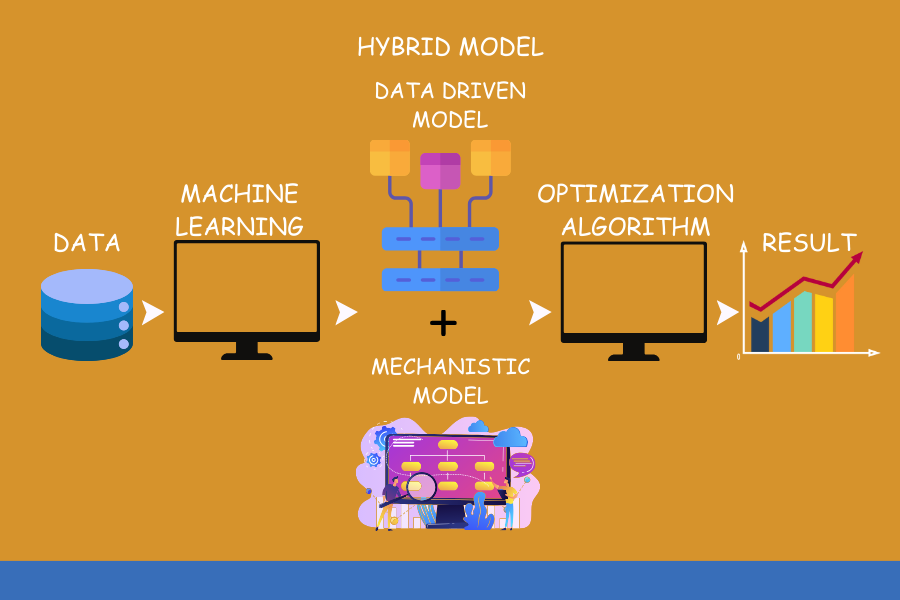Innovative Uses of AI in Sentiment Analysis for Real-Time Market Sentiment Tracking
Sentiment analysis powered by Artificial Intelligence (AI) has emerged as a crucial tool for businesses and investors looking to track market sentiment in real-time. By leveraging AI algorithms, companies can analyze vast amounts of data from social media, news articles, and other digital platforms to gauge public sentiment towards products, services, and financial markets. Here’s an in-depth exploration of the innovative uses of AI in sentiment analysis for real-time market sentiment tracking.

1. Social Media Monitoring
One of the most innovative uses of AI in sentiment analysis is the real-time monitoring of social media platforms such as Twitter, Facebook, and Instagram. AI algorithms, particularly Natural Language Processing (NLP) and machine learning models, can process and analyze millions of social media posts to determine the public’s sentiment towards a brand, product, or market trend. By capturing real-time data, businesses can react promptly to shifts in public opinion, adjusting their strategies accordingly. For instance, a sudden spike in negative sentiment on social media about a product defect can prompt immediate customer service interventions to mitigate damage to the brand’s reputation.
2. Financial Market Analysis
AI-driven sentiment analysis is increasingly being used to track sentiment in financial markets. By analyzing news articles, blogs, financial reports, and social media discussions, AI can provide insights into investor sentiment and market trends. Sentiment scores derived from these analyses can help investors make informed decisions about buying or selling stocks. For example, if sentiment analysis indicates a growing positive sentiment towards a particular technology company due to a new product launch, investors might decide to buy shares in anticipation of a price increase.
3. Customer Feedback and Reviews
Businesses can use AI to analyze customer feedback and reviews in real-time, providing immediate insights into customer satisfaction and areas needing improvement. AI algorithms can sift through large volumes of reviews on platforms like Amazon, Yelp, and TripAdvisor, categorizing sentiments as positive, negative, or neutral. This real-time feedback allows businesses to address customer concerns swiftly, enhance product features, and improve overall customer experience. For instance, if a hotel chain notices a pattern of negative reviews about room cleanliness, it can take immediate action to rectify the issue.
4. Crisis Management
In crisis management, AI-driven sentiment analysis can be a powerful tool. By monitoring news outlets, social media, and other online sources, AI can detect the early signs of a crisis and provide real-time sentiment tracking. This enables companies to respond quickly to negative publicity or emerging issues before they escalate. For instance, during a product recall, real-time sentiment analysis can help a company understand public reaction and adjust its communication strategy to manage the crisis effectively.
5. Product Development and Innovation
AI can also drive innovation in product development by analyzing market sentiment towards existing products and identifying gaps in the market. Sentiment analysis can reveal customer preferences, dislikes, and unmet needs, guiding companies in developing new products or improving existing ones. For example, an automotive company might use AI to analyze sentiment around electric vehicles, gaining insights into consumer concerns about battery life and charging infrastructure, and using this information to guide product innovation.
6. Competitive Analysis
Businesses can use AI-driven sentiment analysis to monitor competitors and track public sentiment towards their products and services. By analyzing sentiment data, companies can identify strengths and weaknesses in their competitors’ offerings and adjust their strategies to gain a competitive edge. For example, if sentiment analysis reveals negative sentiment towards a competitor’s new product due to quality issues, a company can emphasize the superior quality of its own products in marketing campaigns.
AI-driven sentiment analysis offers innovative and powerful tools for real-time market sentiment tracking. By leveraging AI algorithms, businesses and investors can monitor social media, financial markets, customer feedback, and competitive landscapes to gain valuable insights and make informed decisions. The ability to track sentiment in real-time enables companies to respond swiftly to market changes, enhance customer satisfaction, drive product innovation, and manage crises effectively. As AI technology continues to advance, its applications in sentiment analysis will become even more sophisticated, providing deeper insights and greater strategic value.
Active Events
Navigating the World of SERP Features: Tips, Tricks, and Strategies
Date: Aug 07, 2025 | 7:00 PM(IST)
7:00 PM(IST) - 8:10 PM(IST)
2811 people have registered
Your Data Science Career Game-Changing in 2024: Explore Trends and Opportunities
Date: Aug 08, 2025 | 7:00 PM (IST)
7:00 PM (IST) - 8:10 PM (IST)
2811 people have registered
Bootcamps
Digital Marketing Bootcamp
- Duration:4 Months
- Start Date:Aug 09, 2025
Data Science Bootcamp
- Duration:4 Months
- Start Date:Aug 09, 2025
